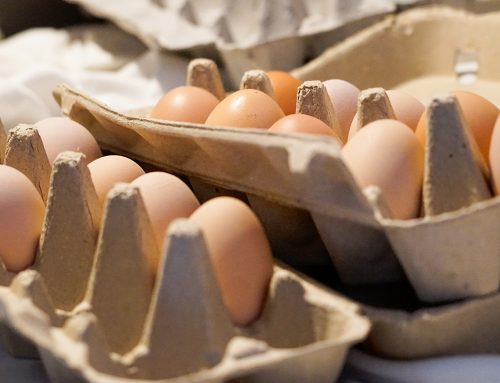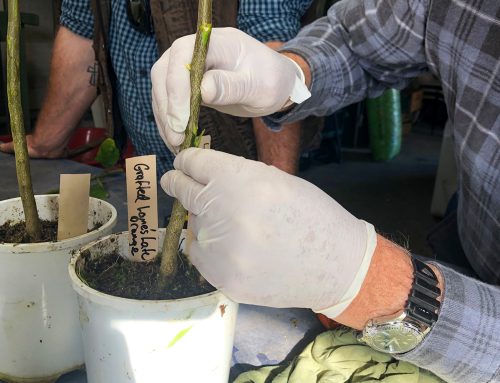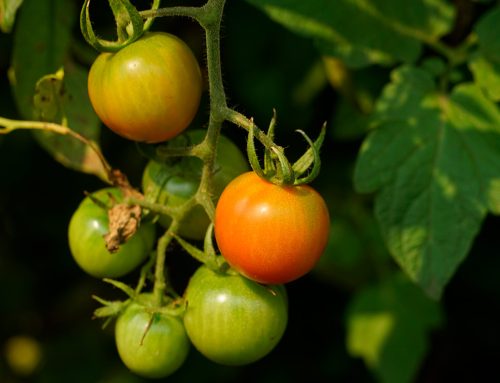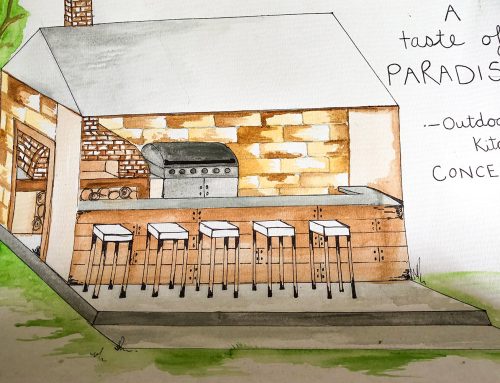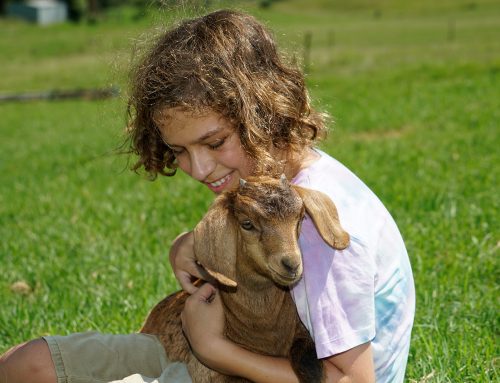This is a question we are often asked at this time of the year. Our eggs are extremely delicious, some even say the best eggs they have ever had, so at this time of the year when our chooks are not laying as much, the demand greatly outweighs the supply. We do have eggs, but we are only averaging around 7 dozen per week.
For a farm that has around 250 chickens, that doesn’t sound like many eggs. And it isn’t, but like everything we do at A Taste of Paradise Farm, what we do is done to support the at-risk and disadvantaged young people who access our one-on-one farm mentoring program. We use the various enterprises of the farm, to work with the kids, to build trust, develop safe and reliable relationships all while teaching the young people new skills. In our poultry enterprise, the kids help to hatch the baby chickens, feed and care for them as the birds mature and then eventually collect, clean, sort and package the eggs. All of which teaches the young people the importance of following a process, animal husbandry, as well as good hygiene practices.
Once trust is established, our methods can provide us with an opportunity to show the young people who come to the farm, the benefits of using a natural system. This can be hard to understand for a young person whose primary focus is understandably where they will sleep that night and what they will eat, and most important of all that they are loved and cared for, but it shows them that there can be reward in looking after things outside of themselves.
What this looks like at A Taste of Paradise farm is a very traditional farming practice, with a focus on natural systems, following organic and permaculture principles in the care of both our animals and our land.
For the chickens, turkeys, ducks, and geese, this means they are not kept in sheds, with lights on 24 hours a day to keep them laying. Our poultry is certified organic and are free range, which allows them to not only go in and out of their houses and roosts at will, they lay eggs naturally and they also scratch around the ground looking for and eating bugs and worms, grasses and seeds. Which makes the eggs even more nutritious and delicious!
Our poultry are not forced to lay by manipulating their environment with artificial lighting etc , the hours of natural daylight are shorter, and they moult (lose old feathers and grow new ones) at this time of year, which are the main reasons their egg production is much lower right now. To help them in both their feather development and egg production at this time of year they are fed a higher protein feed.
Which is why at this time of year we don’t have as many eggs, as all of our chickens energy goes into growing these new feathers to keep them warm and dry. Once they have their new feathers, our chickens will begin to produce more eggs, and the natural cycle continues.


